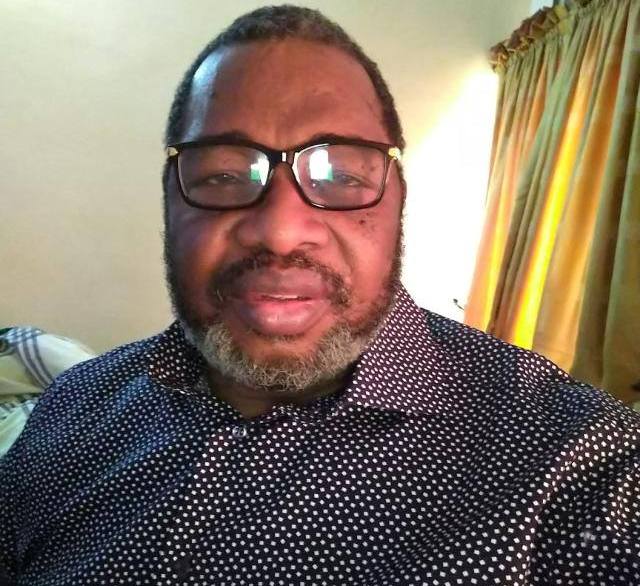Dr Tivlumum Nyitse started as a field reporter before gravitating into administration, then into technocracy as Secretary to the Benue State Government in central Nigeria between 2007 and 2015. He was a politician briefly before transforming into a Mass Communications intellectual after a PhD in the field and which he now teaches at Bingham University, Abuja. So, he combines many spaces in him.
 He has raised questions on a recent research report by Intervention, (Can the Poor Fight Corruption? The Views From Nigeria’s Federal Capital Poverty Hubs of Bwari, Nyanya, Mararaba, Jikwoyi and Gwagwalada). His short epistle is published below:
He has raised questions on a recent research report by Intervention, (Can the Poor Fight Corruption? The Views From Nigeria’s Federal Capital Poverty Hubs of Bwari, Nyanya, Mararaba, Jikwoyi and Gwagwalada). His short epistle is published below:
I have just read the findings of your perception index of the poor on poverty in relation to the fight against corruption and which was conducted in selected suburbs of the Federal Capital Territory, Abuja. I noticed the challenges encountered by the field workers who went out to administer the questions.
My first reaction was on the size of your population and the sampling technique adopted to arrive at the sample size. Then the locale.
Are inhabitants of these areas true representation of the people to elicit answers/responses from on the poverty question in Nigeria vis- a-vis the fight against corruption? I think the responses as analysed by you shows they understand the questions even as some were won’t to answer, reason(s) being that majority of citizens are dissatisfied with the government and they are angry and no longer interested in whatever the government does or wants to do even if it is in their interest.
It is also difficult to understand your findings as presented. Tabulated data reduced into simple percentages would have presented these findings clearly and more graphically. That’s the import of qualitative research which is generally more acceptable/tolerated in social science scholarship.
All the same, it is exciting how those people answered some of the questions especially those from the Pentecostal hue with their “my God is not a poor God” and you don’t have to use your mouth to process poverty mentality ingrained in their psyche.




























